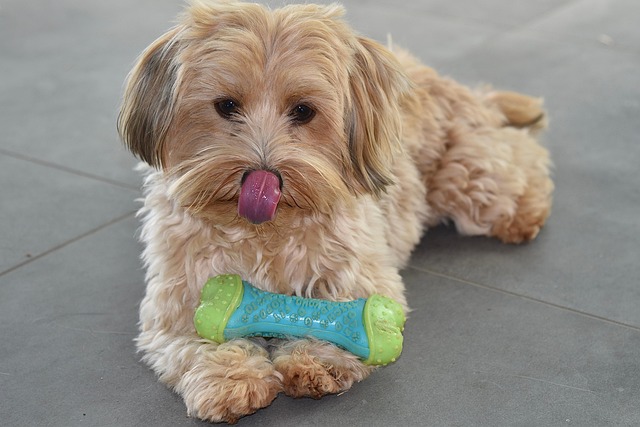
How do dogs improve heart health?
Watching your dog bound around the yard, tail wagging, you might not think about their heart health. But just like us, dogs need to take care of their tickers.
There’s nothing quite like coming home to a wagging tail and excited jumps, but what if your furry friend’s enthusiasm starts to fade? Recognizing the early signs of heart failure in dogs can be the difference between a quick recovery and a life-threatening situation. Let’s dive into what every dog parent should know to keep their four-legged family member healthy.
One of the most common red flags is persistent coughing. Unlike a normal hack from choking on a treat, heart failure - related coughs often happen at night or after exercise. Picture your dog curled up on the couch, suddenly erupting into a series of deep, honking coughs that seem to come from the depths of their chest. This occurs because fluid builds up in the lungs as the heart struggles to pump blood efficiently.
Changes in energy levels are another telltale sign. If your usually rambunctious retriever now prefers napping over chasing a ball, or your lively Chihuahua drags behind on walks, pay attention. Heart failure reduces the amount of oxygen - rich blood reaching muscles, leaving dogs feeling constantly tired. It’s like running a marathon with a blocked nose - no matter how hard you try, you can’t catch your breath.
 Swollen bellies, or abdominal distension, might surprise you. When the heart’s lower right chamber weakens, blood backs up into the liver and other organs, causing fluid to accumulate in the abdomen. You may notice your dog’s sides looking rounded or feel a squishy sensation when gently pressing their belly. This isn’t just extra fluff - it’s a serious symptom that needs immediate attention.
Swollen bellies, or abdominal distension, might surprise you. When the heart’s lower right chamber weakens, blood backs up into the liver and other organs, causing fluid to accumulate in the abdomen. You may notice your dog’s sides looking rounded or feel a squishy sensation when gently pressing their belly. This isn’t just extra fluff - it’s a serious symptom that needs immediate attention.
Dogs with heart failure often display rapid or difficult breathing, even at rest. Watch for shallow panting with their chest moving quickly, or see if they sit with their neck extended and elbows pointed outward to make room for their struggling lungs. These postures are their way of trying to get as much air as possible, similar to how we might lean forward when gasping for breath.
It’s crucial to remember that regular vet check - ups are non - negotiable. In many regions, responsible pet ownership laws require annual examinations to ensure animals receive proper medical care. These routine visits aren’t just about staying compliant; they’re your best defense against silent killers like heart disease. Vets can detect early signs through blood tests, X - rays, and echocardiograms long before symptoms become obvious.
If you suspect heart failure, resist the urge to self - medicate. In most areas, giving your dog human medications or unprescribed supplements is not only ineffective but also illegal. Instead, schedule an emergency appointment. Your vet will likely start your dog on a specialized diet low in sodium, which helps reduce fluid retention. Some regions even have pet insurance plans that cover heart disease treatments, so check your policy details.
While it’s scary to think about our dogs facing health issues, knowledge is power. By staying vigilant for these signs and following local pet care regulations, you’re giving your dog the best chance at a long, happy life. After all, those wet noses and slobbery kisses are worth every bit of effort.

Watching your dog bound around the yard, tail wagging, you might not think about their heart health. But just like us, dogs need to take care of their tickers.

The sight of your dog bounding towards the park, ball in mouth, is pure joy. But when that enthusiasm dims, it could signal more than just a bad day.

You’re standing in the pet food aisle, surrounded by bags of different dog foods, and a shiny package labeled “air - dried” catches your eye.

Watching your dog slow down can feel like a punch in the gut. Sometimes, what looks like normal aging might actually signal something more serious.

That first real heatwave hits, and suddenly your energetic Labrador is flopped on the cool kitchen tiles, panting like a steam engine.

That worried feeling hits every dog owner: your usually playful pup turns away from breakfast, has loose stools, or maybe even vomits a little.